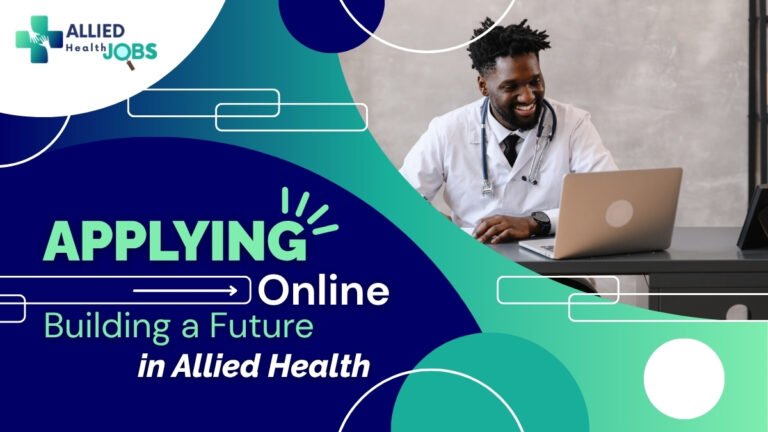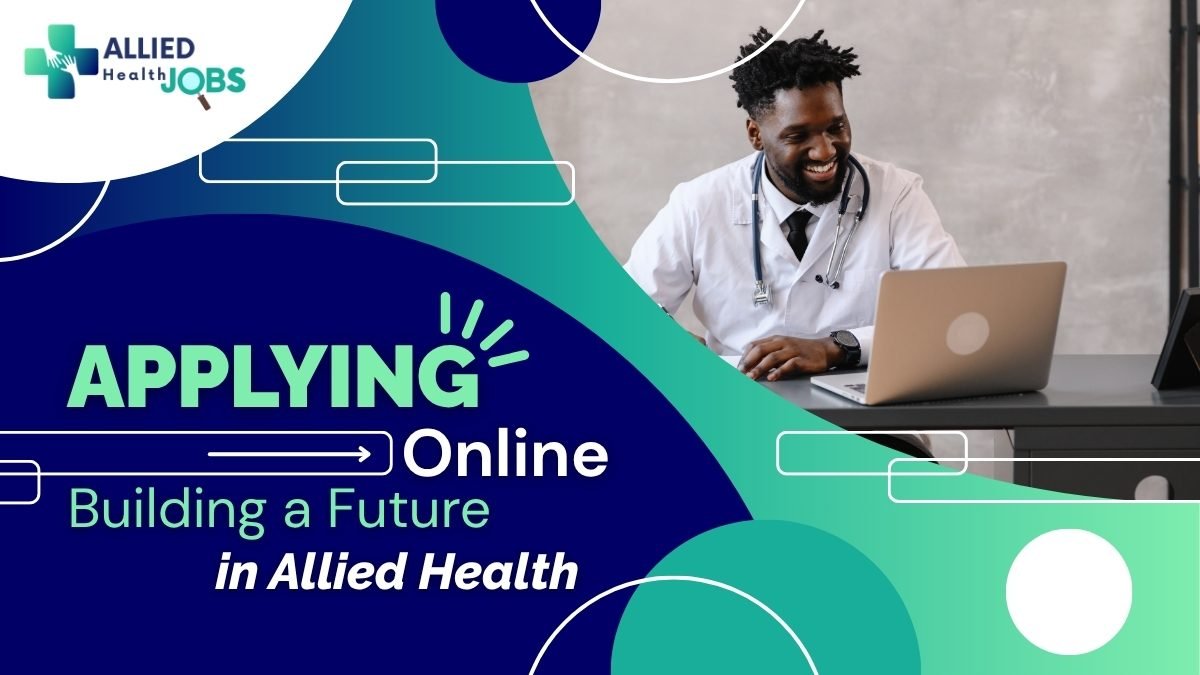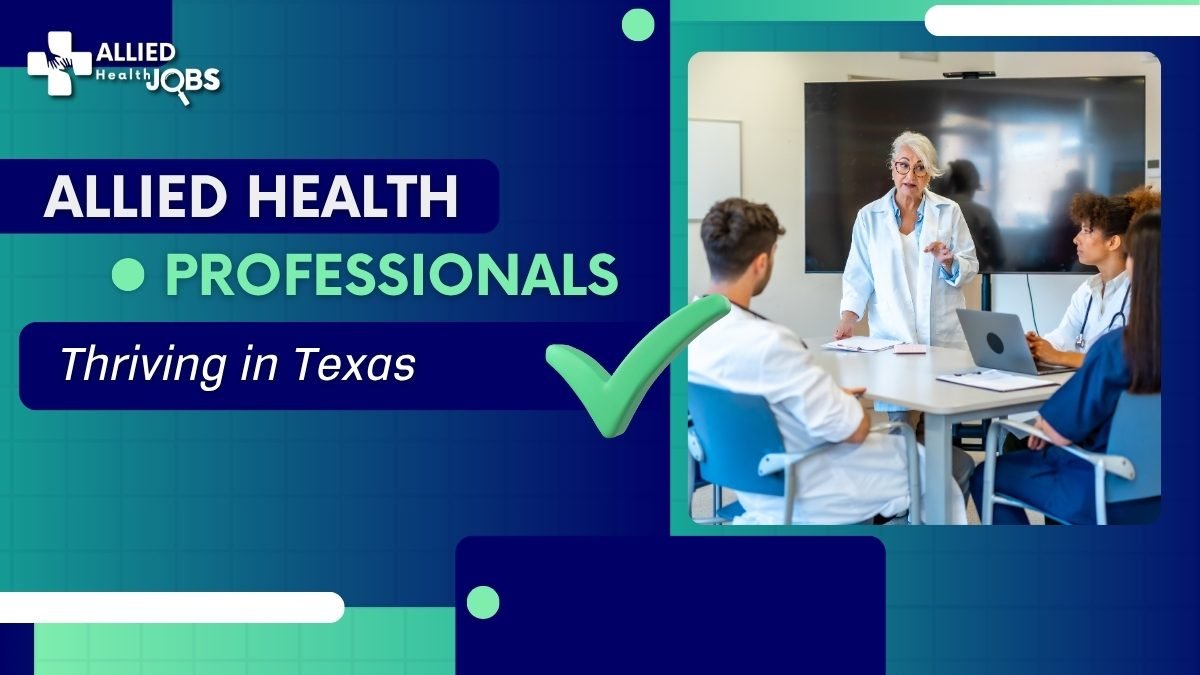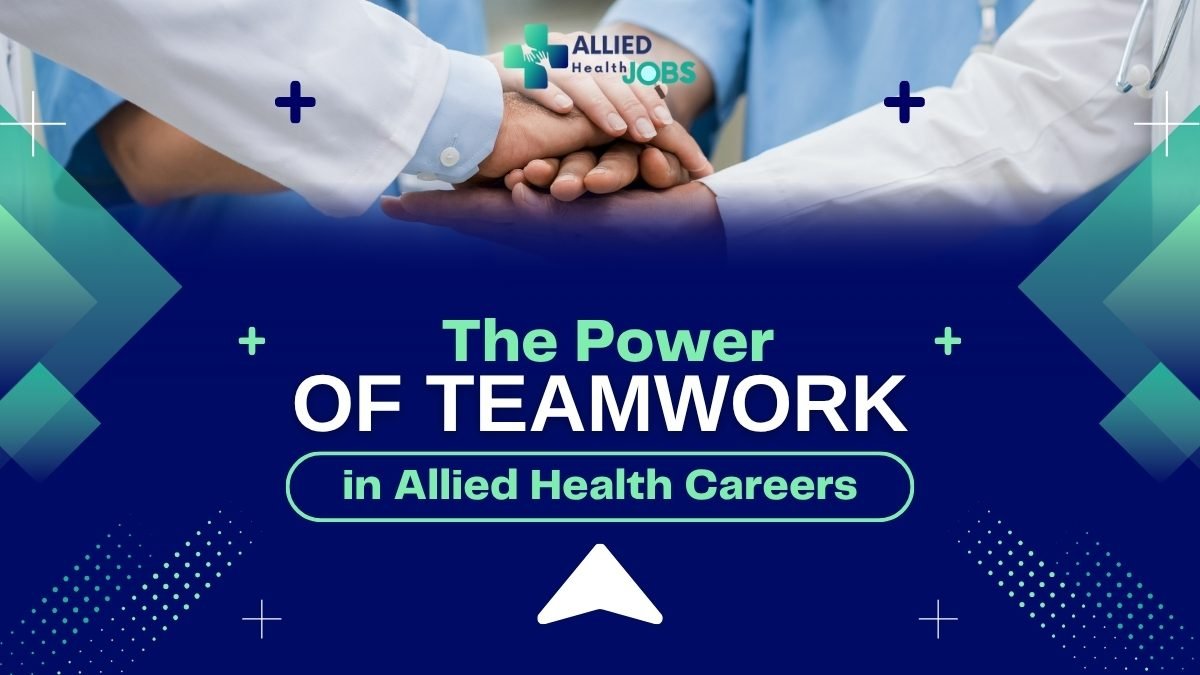Introduction
In this booming industry, the Entry-Level allied healthcare professionals form the core of its expansion. If you want to start a fruitful career but lack experience, allied health offers entry-level positions for newcomers. The opportunities are there, from allied healthcare job positions to allied health staffing positions, to encourage one to take the first step. This blog explores the fastest ways to get into allied healthcare jobs without experience and gives you actionable tips on getting a start in allied health employment opportunities.
Why Pursue Allied Health Careers?
These allied healthcare providers serve a vital role in patient care; they work alongside physicians and nurses in the services of medical assistants, phlebotomists, and phlebotomists. As per the Bureau of Health Workforce, the need for allied healthcare workers is projected to grow by 7% to 30% by 2030, depending on the specialty. These allied healthcare jobs are good for beginners since many of them require either a certificate or an associate degree, which opens doors in allied healthcare career paths for people just entering allied healthcare.
Entry-Level Allied health jobs have an appeal for their variety and influence. More hands-on jobs focus on patient care, while allied health technical jobs have the other side. Top allied healthcare jobs also train their people on the job, thus giving them a source of income while gaining experience.
What Entry-Level Allied Healthcare Jobs Are?
Generally, entry-level allied health jobs usually require little experience and basic skills. For example:
- Medical Assistants: Performing Clinical and Administrative Support for Physicians.
- Pharmacy Technicians: Assist Pharmacists in the Dispensing of Drugs.
- Phlebotomists: Drawing Blood for Tests and Donation.
- Patient Care Technicians: Assisting Patients in Daily Activities under a Nurse’s Supervision.
These are good entry-level allied health positions wherein employers will often favor enthusiasm and willingness to learn rather than extensive experience.
Fastest Methods to Obtain Allied Health Employment.

Without experience, Entry-Level allied healthcare jobs might seem impossible. But, given the right set of approaches, you could land allied health job openings in no time. The following are some tried-and-true strategies to get you started.
Earn Applicable Certification
Certifications can be a great help for those allied healthcare professionals looking for a job. For instance, almost a majority of allied health staffing jobs do require just a short-term certificate that you can complete in a matter of weeks or months, for instance:
- Certified Medical Assistant (CMA): A Course of six months to one year duration prepares candidates for allied healthcare work in clinics and facility settings.
- Phlebotomy Technician: Allotted 4 to 8 weeks, enables certification for allied work in the labs.
- Pharmacy Technician Certification (CPhT): A 3 to 6-month certification opens doors to allied healthcare avenues in the pharmacies.
Search for accredited programs of study through community colleges or online venues. Your certification is a testament to your commitment to allied healthcare workers’ roles and makes you a competitive candidate for the best allied healthcare jobs.
Where to Find Certification Programs
Consult local community colleges, vocational schools, or consider online programs. Some employers, such as HCA Healthcare, also sponsor training programs for allied health careers.
Volunteer and Shadowing Experience
Volunteering serves as a potential source of exposure to allied health work. Hospitals, clinics, and nursing homes do have volunteer slots that may enable prospective volunteers under the allied health setting, thus watching allies at work. Shadowing a medical assistant or phlebotomist may somewhat clarify what daily tasks are being carried out and form some connections with allied health job opportunities.
How To Start Volunteering
Reach out to regional healthcare providers or visit Entry-Level Allied Health Jobs for opportunities. Additionally, volunteer work strengthens your resume and demonstrates to employers your commitment to allied healthcare career pathways.
Use Job Boards to Locate Allied Health Job Openings

Allied healthcare job boards contain an impressive array of Entry-Level allied health jobs. Entry-Level Allied Health Jobs feature numerous allied health positions, entry-level in many cases. Searching under “no experience” or “entry-level allied” will present allied positions for which you are equipped to apply.
Tips While Using Job Boards
- Polish Your Resume: Emphasize certifications, volunteer experience, and transferable skills such as communication.
- Enable Alerts: Stay notified of all new postings for allied health professional roles.
- Apply Fast: Entry-level allied health vacancies get picked quickly.
Allied Healthcare Worker Networking
Networking could serve as a gateway into allied healthcare jobs that have not yet been advertised. Attend career fairs and become a member of professional groups like the National Society of Allied Health, or network and establish relationships with allied healthcare professionals through LinkedIn.
Networking Tips
- Initiate Contact: Contact allied health professionals for information interviews on allied health careers.
- Create Relationships: Engage in online forums or attend local events for allied healthcare workers.
- Keep in Touch: Maintain a relationship with your contacts to hear about allied health job opportunities.
Consider Temporary or Travel Allied Health Staffing Jobs
A temporary assignment is great for gaining experience as an allied healthcare professional. Trusted Health offers allied health staffing jobs with flexible scheduling and good pay. Most of these assignments lead to allied health placements or provide invaluable training.
Temporary Jobs Benefits
- Fast Start: Most temporary allied health jobs require little to no experience.
- Variety: Work at multiple facilities to figure out which Entry-Level allied healthcare careers suit you best.
- Networking: Build networks to help with eventual allied health professional recruitment.
Emphasize Transferable Skills
Even if you are a novice in the world of healthcare, you almost certainly have skills that are transferable to an allied health position. Customer service, teamwork, and keen observation are all traits glorified in allied health occupations. When crafting your resume for allied health job openings, be sure to emphasize these skills.
Examples of Transferable Skills
- Customer Service: Great for patient-facing allied jobs like medical assisting.
- Organization: Essential for allied healthcare workers in administrative roles.
- Empathy: Critical for allied healthcare professionals in patient care.
Conclusion
Few steps separate you from entering the allied healthcare segment: Earning the relevant certificates, volunteering, checking in with online job boards, and networking, through examining temporary roles and the application of remaining transferable skills, should be enough to put you swiftly into allied health employment offers. Allied healthcare professionals’ demand is rising by leaps and bounds—it would be a blessing for allied health job openings and job-seekers alike. With much drive and a few strategies discussed, you can commence on a pathway toward fulfilling work within allied healthcare career tracks. Start now, and watch your allied health career take flight. Follow us on social media and visit our allied health Jobs for new allied healthcare roles and career tips.
Follow us on Social Media: LinkedIn | Facebook | Twitter | Instagram












